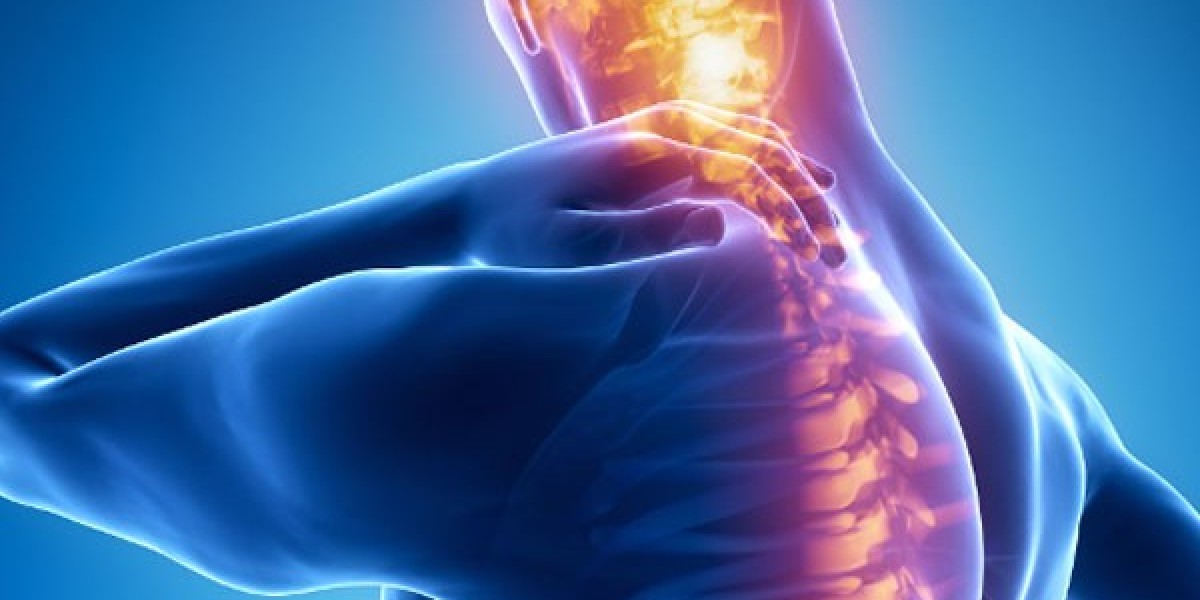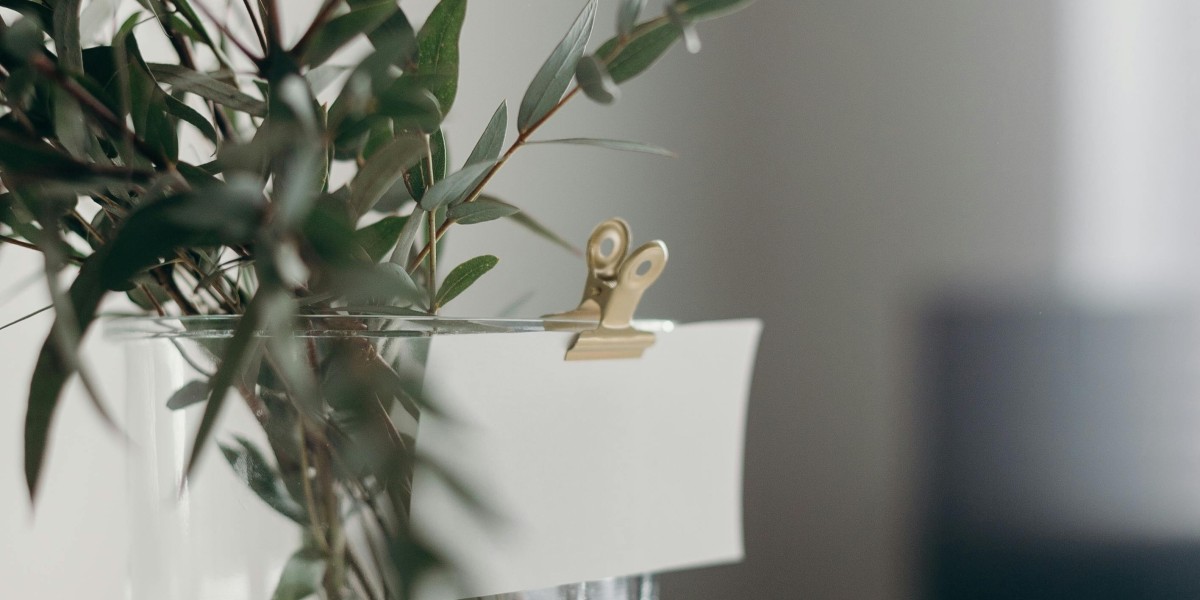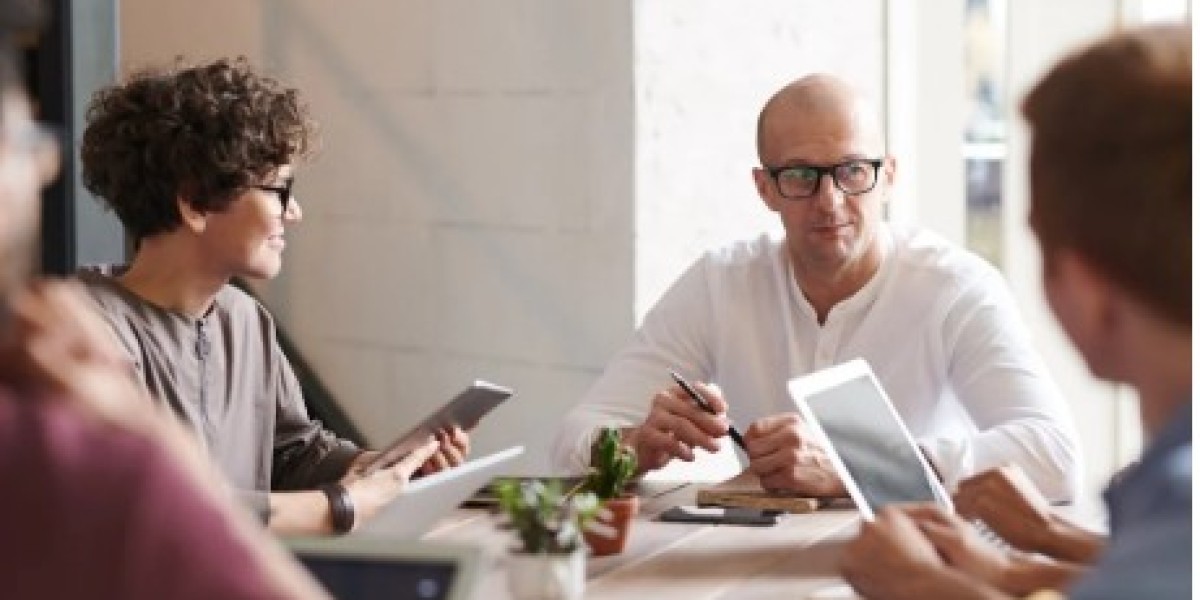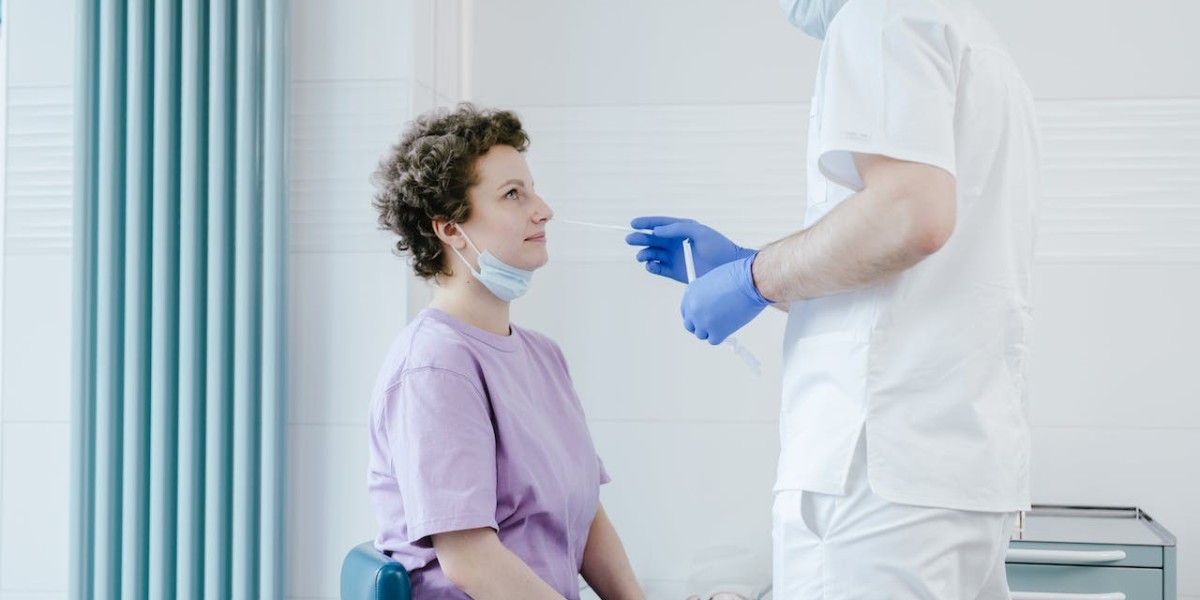Introduction
While it is effective for its intended uses, individuals taking gabapentin often wonder about the safety of consuming caffeinated beverages like coffee. This article provides a comprehensive guide on how to safely enjoy coffee after taking gabapentin, addressing potential interactions, side effects, and best practices for consumption.
More Details : How Long After Taking Gabapentin Can I Drink Coffee
Understanding Gabapentin
What is Gabapentin?
Gabapentin is an anticonvulsant medication used to treat nerve pain and prevent seizures. It works by stabilizing electrical activity in the brain and altering the way nerves send messages to the brain. Gabapentin is often prescribed for conditions such as:
- Postherpetic Neuralgia: Pain following shingles.
- Peripheral Neuropathy: Nerve pain caused by diabetes or other conditions.
- Epilepsy: As an adjunct therapy to control seizures.
Common Side Effects of Gabapentin
Gabapentin is generally well-tolerated, but it can cause side effects, including:
- Drowsiness and Fatigue
- Dizziness and Balance Issues
- Swelling in the Extremities
- Weight Gain
- Gastrointestinal Issues: Nausea and constipation
Coffee and Its Effects
Caffeine Content in Coffee
Coffee is a popular beverage known for its caffeine content, which can vary depending on the type of coffee bean, brewing method, and serving size. On average, an 8-ounce cup of coffee contains approximately 80-100 milligrams of caffeine.
Effects of Caffeine
Caffeine is a central nervous system stimulant that can:
- Increase Alertness: By blocking adenosine receptors in the brain.
- Improve Mood: Potentially enhancing cognitive function and energy levels.
- Increase Heart Rate: Stimulating the cardiovascular system.
Potential Interactions Between Gabapentin and Caffeine
Impact on Central Nervous System
Gabapentin and caffeine both affect the central nervous system, though in different ways. Gabapentin can cause drowsiness and dizziness, while caffeine acts as a stimulant. Combining these two substances may lead to conflicting effects:
- Increased Nervousness or Anxiety: Caffeine may exacerbate feelings of anxiety or jitteriness, especially if gabapentin is being used to manage anxiety.
- Altered Sleep Patterns: Caffeine may interfere with the sleep-inducing effects of gabapentin, potentially affecting sleep quality.
Impact on Absorption and Effectiveness
There is no direct evidence that caffeine significantly alters the absorption or effectiveness of gabapentin. However, consuming large amounts of caffeine may impact overall health and potentially exacerbate side effects.
Guidelines for Safe Coffee Consumption
Moderation is Key
To avoid potential interactions and side effects, it is essential to consume coffee in moderation:
- Limit Caffeine Intake: Aim for no more than 400 milligrams of caffeine per day (about 4 cups of coffee), as recommended by health authorities.
- Monitor Your Response: Pay attention to how your body responds to caffeine while taking gabapentin. Adjust your intake if you experience increased side effects or discomfort.
Timing Matters
Consider the timing of your coffee consumption relative to your gabapentin dosage:
- Spacing Out Doses: Allow a few hours between taking gabapentin and drinking coffee to minimize any potential interactions.
- Avoid Late Consumption: Refrain from drinking coffee late in the day to prevent disruptions in sleep, especially if gabapentin is used to aid sleep.
Be Mindful of Other Caffeine Sources
Remember that caffeine is present in other foods and beverages, including tea, chocolate, and some medications. Be aware of your total daily caffeine intake and adjust accordingly.
Stay Hydrated
Caffeine can have a diuretic effect, leading to increased urine output. Ensure you stay hydrated by drinking plenty of water throughout the day, especially if you consume coffee.
Consult with Your Healthcare Provider
Discuss Your Caffeine Intake
If you have concerns about how coffee or caffeine might interact with gabapentin, consult with your healthcare provider. They can provide personalized advice based on your specific health needs and medication regimen.
Report Any Adverse Effects
Inform your healthcare provider of any unusual symptoms or side effects you experience while drinking coffee and taking gabapentin. They can help determine if any adjustments to your medication or lifestyle are necessary.
Conclusion
Drinking coffee while taking gabapentin can be safe when done in moderation and with careful consideration of timing and overall caffeine intake. By following the guidelines outlined above and consulting with your healthcare provider, you can enjoy coffee while managing your medication effectively. Remember to monitor how your body responds and make adjustments as needed to ensure your well-being.







